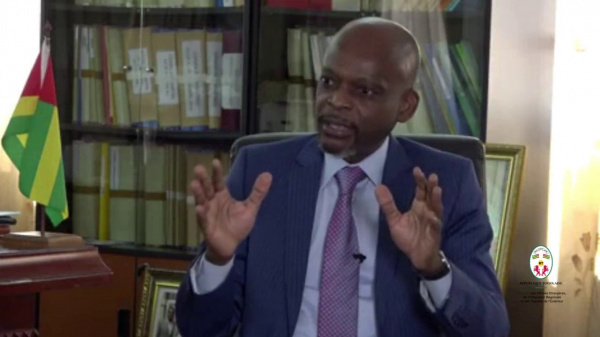For Togo, joining the Commonwealth is intriguing on three fronts: politically, diplomatically, and commercially. In a recent interview, the nation’s foreign minister made this remark.
Given the two billion people in the Commonwealth, Dussey remarked, “On the commercial level first, Togo gains in terms of business, and export of its products.”
However, the nation will need to go beyond its conventional Francophone region.
We are no longer limited to the Francophone globe, but even though we are, we still gain from being in the Francophone region by having more commercial partners in the Commonwealth.
The expansion of Togo’s sphere of influence in terms of diplomacy is one of the anticipated advantages of this membership, particularly in the English-speaking world where it is less well known: “In a diplomatic framework, Togo’s influence in West Africa, at the level of ECOWAS, and especially in the resolution of Sahel issues, allows Togo to have more influence in this region where it wasn’t known.”
In light of the UK’s decision to leave the European Union and the necessity for greater diplomatic ties, Togo will also deepen its ties with that country.
“Britain is no longer a member of the European Union, which Togo has a very close relationship with, as of right now. It need to establish a unique bond with Britain,” he said. Therefore, Togo will strengthen its political, economic, and commercial cooperation with Great Britain, a significant actor in Europe, as a member of the Commonwealth.
Joining the Commonwealth will aid Togo in improving his or her command of English, which is regarded as the language of commerce and science.
According to Robert Dussey, “Considering the capacity of the Commonwealth, Togo may gain so much; this participation is a big satisfaction for the administration.” And the administration is currently making efforts to ensure that this membership has an effect on the Togolese people.





